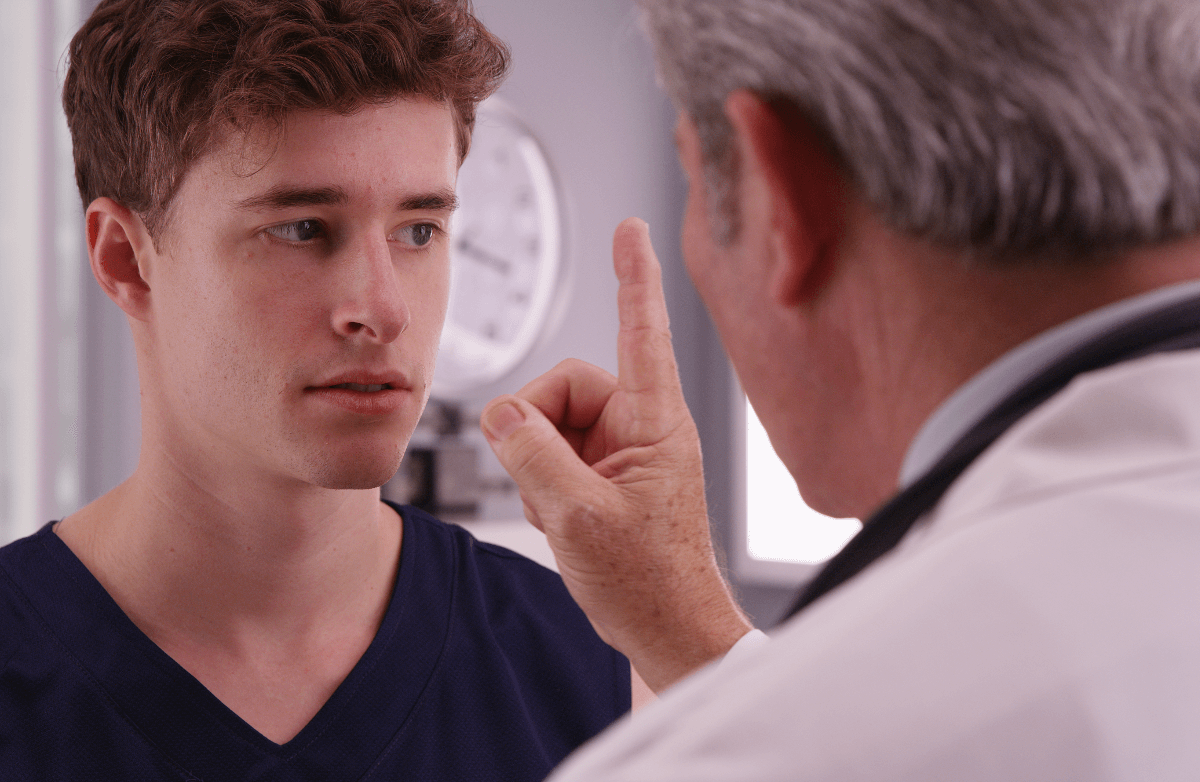|
These days, it’s almost impossible to escape the constant barrage of emails and text messages from friends, family, co-workers and just about everyone else on the planet. You’re bombarded with updates on social media—everything from pictures of the new kitten your third cousin just adopted, to what your favorite celebrity ate for lunch. You feel lost if you miss a day on Facebook or an episode of "Game of Thrones," and your friends wonder if you’ve dropped off the face of the earth when you take more than a few hours to “like” their recent posts. It’s hard to believe that just 10 years ago, you probably didn’t have a Facebook account or a smartphone. Maybe you had an email account that you checked occasionally, but you’d never heard of texting or apps. There was no DVR, so if you missed an episode of your favorite show, you’d have to wait for the rerun. Times have certainly changed. Do you wonder how this came to be? How did we suddenly become a society that has to be connected to everyone and everything at all times through our phones, TVs or computers? Do you remember what life was like when you got up and walked over to a co-workers desk to have a conversation instead of emailing or instant messaging them? Can you recall a time recently when you had a few minutes to sit quietly and relax? Did you sit and do nothing, or did you use that time to jump on your phone and check a few emails or check Instagram? Do you remember what it’s like to unplug and just be in the moment? If you feel like technology has taken over your life, you’re not alone. The term “digital detox” has risen in popularity over recent years. It doesn’t mean you have to close your social media accounts, swear off the "Real Housewives" and send everyone letters via snail mail. It just means you step away from all of the busyness and distraction that technology can bring to your life for a while. If you're unsure whether or not you need a digital detox, ask yourself these questions: 1. Do you always eat your meals with your phone sitting on the table, staring at you as though it is waiting for you to finish? 2. Do you find yourself checking email and Facebook and responding to text messages constantly, never taking the day off? 3. Is there never time in your day when the phone, TV or computer are off-limits? 4. Do you ever get frustrated with yourself for spending so much time online, when you should be doing other things? 5. Is technology a source of distraction from your kids, your partner, your friends or others around you? Do they ever complain that they don’t have your full attention? If you answered “yes” to one or more of these questions, then consider the idea of a digital detox. Your detox could be anything from a few short technology breaks throughout the day to longer breaks of a few hours or more. These breaks don’t mean you have to sit around and do nothing. Instead, they are a good opportunity to reconnect with those around you, or even yourself. Get started by keeping track of how much screen time you get per day. Then look for some easy ways to start slowly reducing that amount.
A digital detox not only frees up time to do other things, but could also improve other areas of your life. In one study, half of the respondents said use of social media sites had changed their behavior, with half of those participants saying the impact had been negative. Research also shows that more time with computers and phones can make us gain weight, and not just because we’re more sedentary, but because of their negative effect on our sleep cycles. Additional studies demonstrate that constantly using technology is actually rewiring our brains, limiting our ability to focus. Consider a digital detox as a way to improve your health and your relationships with others. It doesn’t have to be much, but cutting back your TV time or checking your social media accounts just a few times a day could be just what you need to refocus and reprioritize your life. |
More From SparkPeople
|





















